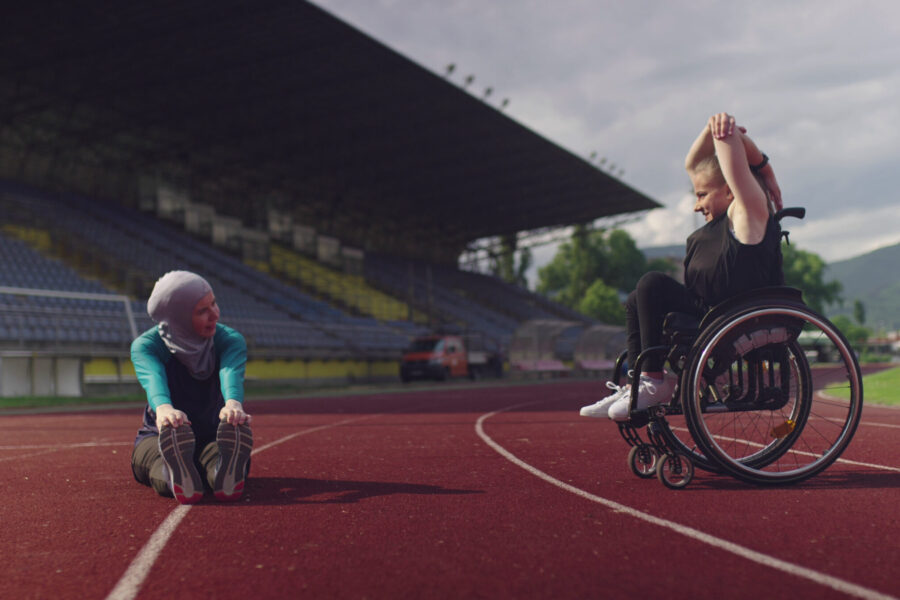
Physical and mental well-being are closely linked to health behaviours, such as engaging in physical activity, healthy eating, smoking, and self-care. However, inequalities and inequities exist across society such that some groups are under-served in terms of their access to, and utilisation of, opportunities to change their health behaviours. Wealth, education, ethnicity, neurodiversity, disability, social status, and pre-existing health conditions are examples of dimensions of inequity that play a significant role across the life course in influencing physical and mental well-being and health behaviours.
Behaviour change interventions (including through law) can widen or create inequalities and inequities if certain groups are disproportionately targeted for interventions and where interventions “for all”, in reality, negatively impact only certain groups. Some groups are underrepresented in behavioural research, and, as a result, less is known about how to address the inequities they experience.
We need to conduct behavioural research to understand how to improve physical and mental well-being holistically, considering the wider determinants of health, including the sociodemographic, psychological, cultural, physical, commercial, political, and environmental determinants of behaviours. We also need to better understand how behavioural interventions can be implemented equitably to reduce inequalities.
CENTRE-UB will take an interdisciplinary approach to:
- understand the determinants of behaviours linked to physical and mental well-being that can address inequalities and inequities.
- co-produce with relevant stakeholders behavioural interventions to enhance physical and mental well-being tailored towards the needs and circumstances of under-served populations, and…
- work together with stakeholders to implement these interventions into practice, including within education systems, workplaces, local communities, social care, and health care.
CENTRE-UB members have considerable expertise in developing, implementing, and evaluating complex behavioural interventions. Our expertise ranges from evaluating behavioural outcomes (including digital technology for behavioural tracking) to understanding the interdisciplinary determinants of behaviour, wellbeing impact, health economics, and implementation outcomes. Our networks of partners include local authorities, private, and non-profit organisations that support the PhD studentships.
For example, current PhD studentships with the Birmingham City Council look at families with children experiencing food insecurity, and early intervention and prevention across service areas. Another project spearheaded by Forward Thinking Birmingham, and the Birmingham Women’s and Children’s NHS Foundation Trust, involves the investigation of smartphone use among adolescents. A project with BERRI Ltd involves the use of machine learning to improve psychological wellbeing for children and adolescents.